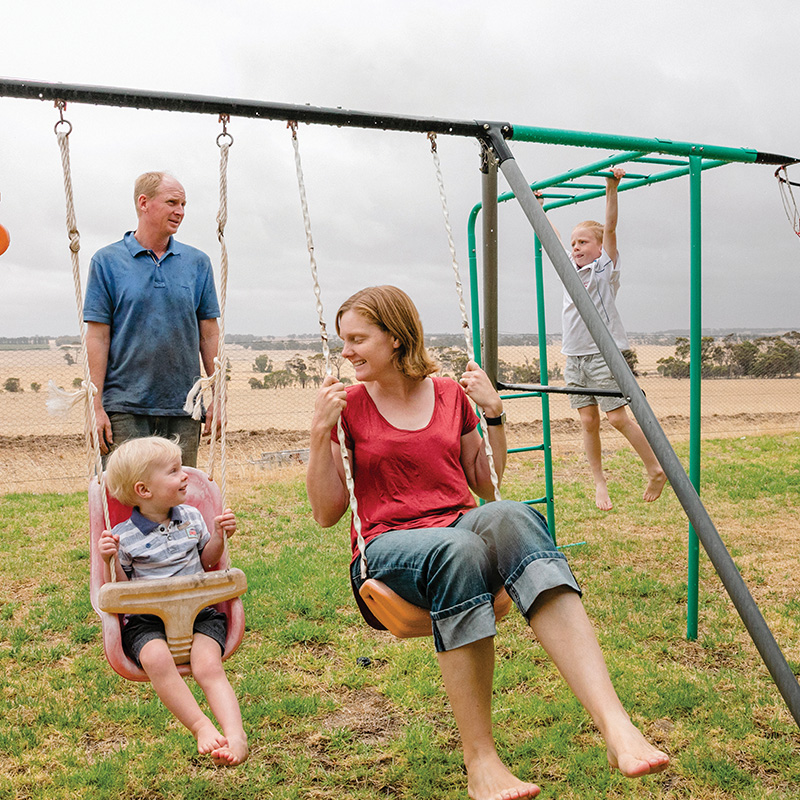Search

Supporting parents of trans and gender diverse kids.

Communities in the Central Great Southern region have known for years that dental health is a major issue for the smallest residents of their towns.

Infographics to easily learn more about bullying and what actions to take should bullying be an issue in your school or community.
Research
IVFIn Vitro Fertilisation (IVF) is an Assisted Reproductive Technology (ART) in which an egg is fertilised by sperm outside the body.
Research
Immune impacts of infant whole-cell and acellular pertussis vaccination on co-administered vaccinesWe compared the effect of a heterologous wP/aP/aP primary series (hereafter mixed wP/aP) versus a homologous aP/aP/aP primary schedule (hereafter aP-only) on antibody responses to co-administered vaccine antigens in infants and toddlers.
Research
Ensuring That Marginalized Young People Feel Welcome, Understood, and Empowered in Health Services: A Qualitative Examination of the Service Needs of Aboriginal LGBTQA+ Young PeopleA lack of appropriate care and discrimination in healthcare settings likely compounds the existing risks to mental health and well-being for Aboriginal and Torres Strait Islander lesbian, gay, bisexual, trans, queer/questioning, and asexual (LGBTQA+) young people. The current study contributes findings from Aboriginal LGBTQA+ young people's perspectives on their health service needs and preferences.
Research
The Association Between Breakfast Skipping and Positive and Negative Emotional Wellbeing Outcomes for Children and Adolescents in South AustraliaThe prevalence of child and adolescent breakfast skipping is concerning, and limited existing evidence suggests an association between skipping breakfast and negative emotional wellbeing outcomes. However, positive emotional wellbeing outcomes have been neglected from research in this space.
Research
ATAGI Targeted Review 2021: the national COVID-19 vaccination programThe overarching goal of the Australian coronavirus disease 2019 (COVID-19) vaccination program has been to protect all people in Australia from the harm caused by the novel coronavirus SARS-CoV-2. This review reflects on the role of the Australian Technical Advisory Group on Immunisation (ATAGI) in the national COVID-19 vaccination program, in terms of the initial programmatic and clinical recommendations in the evolving context of evidence relating to the disease and vaccines, epidemiology, and the program rollout.
Research
Lytic activity, stability, biofilm disruption capabilities and genomic characterisation of two bacteriophages active against respiratory MRSAThis study aimed to characterise bacteriophages for potential therapeutic use against Staphylococcus aureus, focusing on clinical respiratory isolates of methicillin-sensitive (MSSA) and methicillin-resistant (MRSA) strains. Specifically, it sought to evaluate phage lytic activity, host range, stability, biofilm disruption capabilities, and overall safety for therapeutic use.
Research
The Spectrum and Burden of COVID-19-Associated Neurologic Disease in Australian Children 2020-2023We aimed to describe the clinical spectrum and burden of COVID-19-associated neurologic disease in Australian children.
